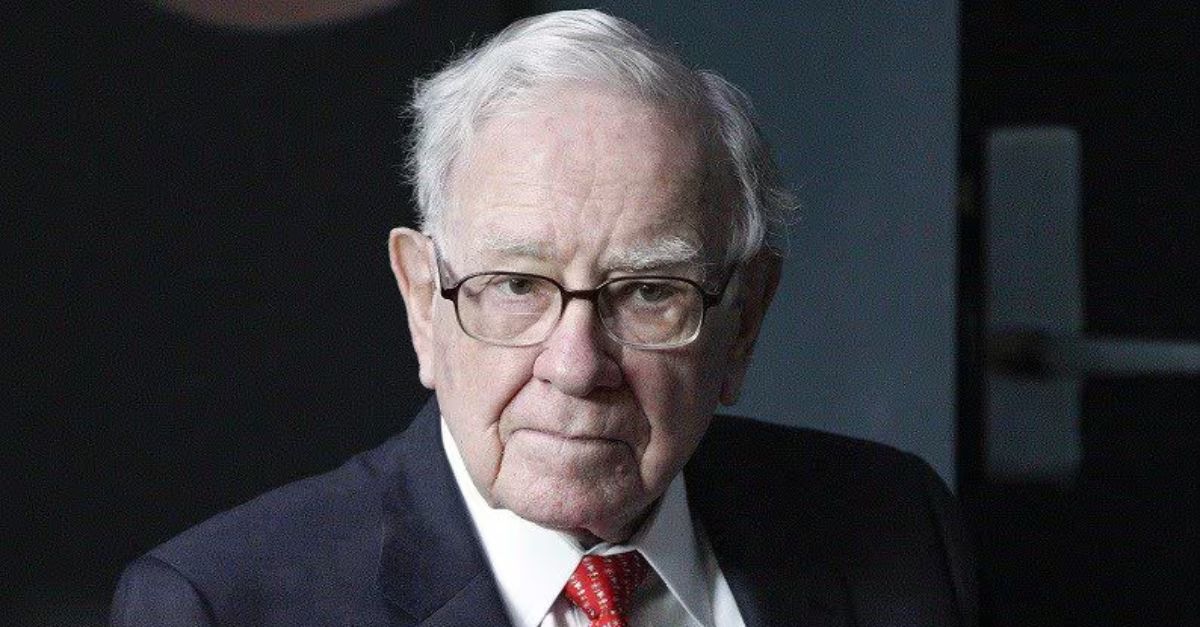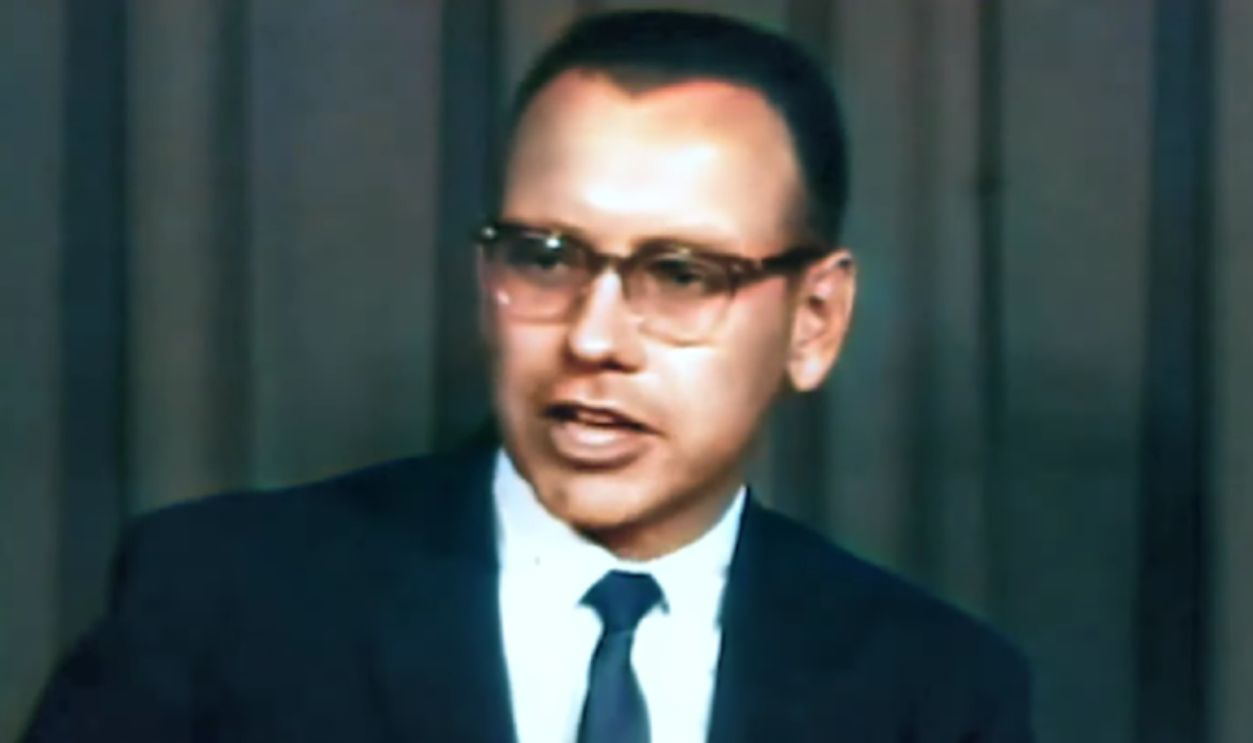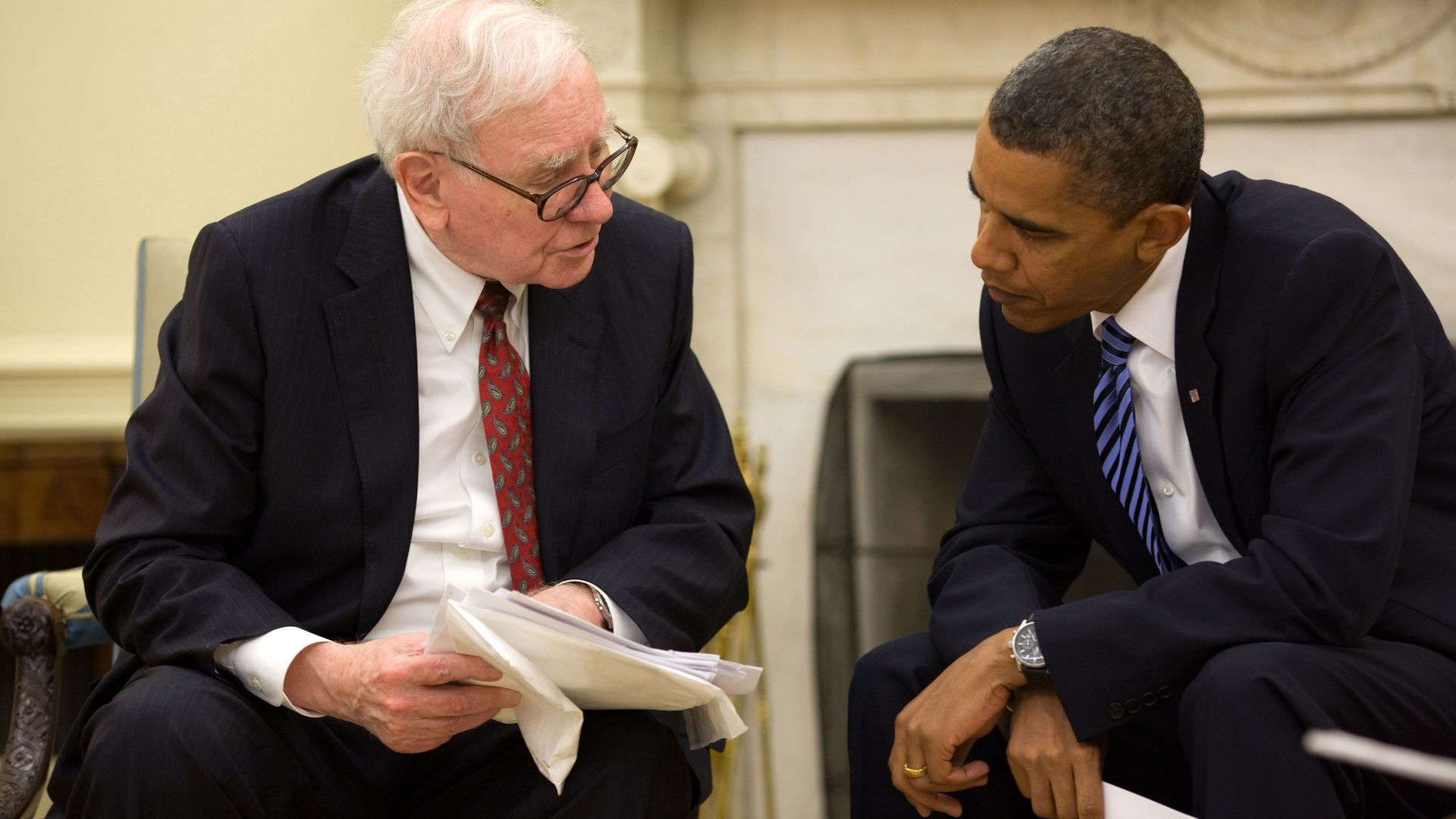Dollars And Discipline
It’s not just about making money. Buffett mastered how to keep it, grow it, and give it meaning over time. His practical, no-fluff rules show what steady, thoughtful financial wisdom truly looks like.
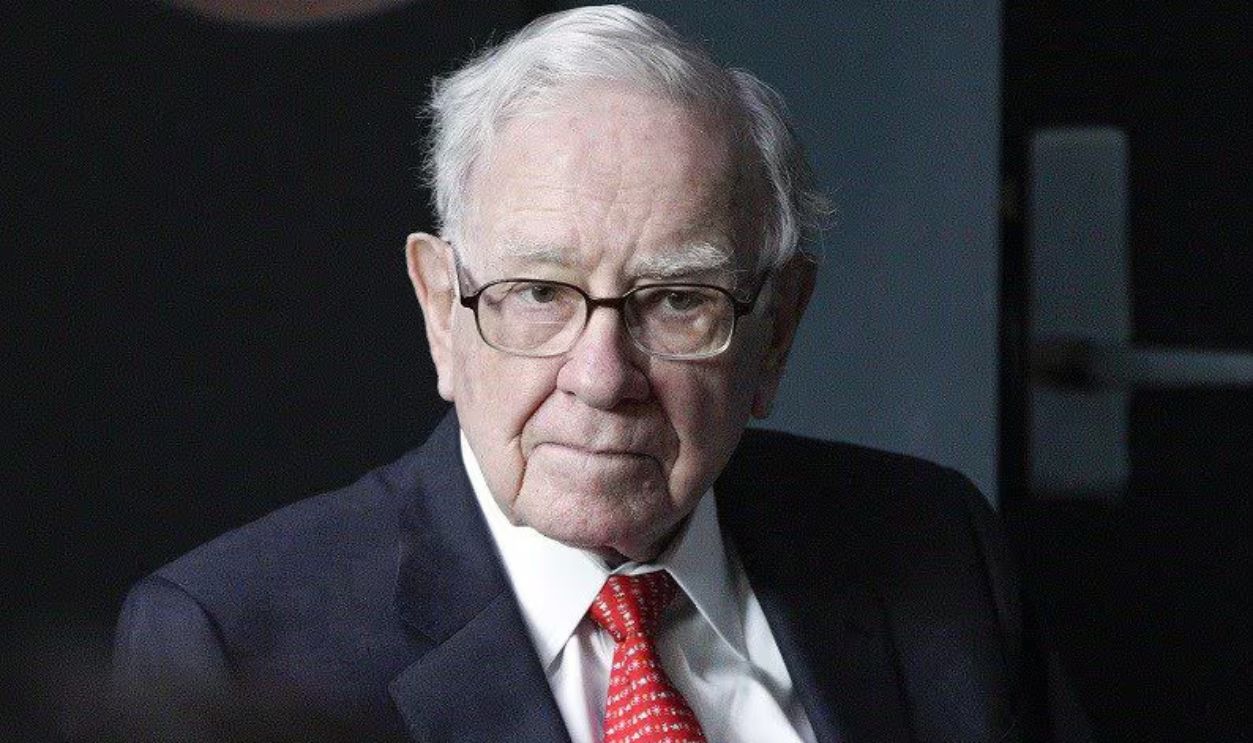
Oracle Of Omaha
In 1965, a 35-year-old Warren Buffett took control of a failing textile company called Berkshire Hathaway for $14.86 per share. Fast forward to today, and that same share trades for over $500,000, which is a return of roughly 3,400,000%.
Oracle Of Omaha (Cont.)
This astronomical growth didn't happen by accident. Buffett's methodical approach to investing, combined with his folksy Nebraska wisdom, earned him the nickname “Oracle of Omaha”. His annual shareholder letters have become required reading for investors for their honest commentary on markets, business, and human nature.
Wealth Preservation Vs Creation
Statistics reveal a sobering truth: 70% of rich families lose their riches by the second generation, and 90% by the third—a phenomenon known as “shirtsleeves to shirtsleeves in three generations”. The culprit is the failure to understand that building wealth and preserving it require entirely different skill sets.
Financial Blueprint
When Buffett moved to Omaha in 1956, he started an investment partnership with $100 from seven limited partners, including his sister Doris. His blueprint was revolutionary in its simplicity. He focused on buying undervalued companies with strong fundamentals and holding them for decades, not months.
 Germanna CC, CC BY 2.0,Wikimedia Commons
Germanna CC, CC BY 2.0,Wikimedia Commons
Financial Blueprint (Cont.)
This approach defied the Wall Street culture of frequent trading and hot stock tips. Buffett's annual returns averaged 20.1% from 1965 to 2022, compared to the S&P 500's 10.5%. The secret was discipline, patience, and an unwavering commitment to fundamental analysis.
Never Lose Money
"Rule No. 1: Never lose money. Rule No. 2: Never forget Rule No. 1" represents Buffett's most famous investment principle. This is about understanding that the mathematics of recovery from losses is brutal. A 50% loss requires a 100% gain just to break even, making capital preservation paramount.
Avoid Debt At All Costs
"I've seen more people fail because of liquor and leverage—leverage being borrowed money”. He's particularly harsh on credit cards, stating that Interest rates are incredibly high. Sometimes they are 18% or 20%. Well, Buffett practices what he preaches. He still lives in the same modest Omaha home.
Invest Only In What You Understand
This man’s "circle of competence" concept stems from a painful early lesson when he invested in a windmill company (2016) without understanding its business model. He famously avoided technology stocks for decades, missing the early Microsoft and Amazon booms, because he couldn't grasp how these companies made money.
Practice Patience Above All
He also believes that the stock market is a source for transferring cash from the impatient to the patient. This man spent years studying Geico insurance before making his first investment, then continued buying shares as the company grew. Such a technique extends to his cash management.
Live Below Your Means
Despite being worth over $100 billion, Buffett still drives himself to work and eats breakfast at McDonald's, spending no more than $3.17 depending on how optimistic he feels about the day ahead. Frugality is about understanding that lifestyle inflation destroys wealth faster than market crashes.
 Harrison Keely, Wikimedia Commons
Harrison Keely, Wikimedia Commons
Focus On Long-Term Value
He purchased Washington Post stock in the 1970s when the company was trading below the value of its assets, then held through multiple business cycles. "Our favorite holding period is forever," Buffett famously states, explaining that great businesses compound value when left undisturbed.
Build Multiple Income Streams
Several folks know this, but yet again, note that you should never depend solely on just one income. Active income comes from your job or business, where you trade time for money. Passive income is generated with minimal ongoing effort, such as from rental properties.
Reinvest Your Profits
Here is something interesting. Buffett discovered the magic of reinvestment early when he used profits from his paper route to buy more delivery routes. He then used those earnings to buy pinball machines for barber shops. For entrepreneurs, putting profits back into the business increases working capital.
Keep Cash For Opportunities
Money gives a buffer against market volatility and economic uncertainty. Buffett’s cash management is dynamic—he increases cash holdings when market valuations are high and reduces them to invest in riskier assets when good opportunities appear. He treats cash as a “perpetual call option”.
Avoid Emotional Investing
"Be fearful when others are greedy, and greedy when others are fearful" represents Buffett's contrarian approach to market psychology. During the dot-com bubble, while investors bid tech stocks to astronomical valuations, the man stayed away from companies he didn't understand, earning criticism for being “out of touch”.
Understand Tax Implications
Buffett’s core tax strategy is to hold investments for long periods, often decades, to benefit from lesser long-term capital gains tax rates compared to elevated short-term rates. This minimizes the tax burden and allows more of his wealth to compound over time.
Protect Your Reputation
Reputation itself is a valuable asset requiring constant protection. When Berkshire Hathaway faced the Salomon Brothers scandal in the 1990s, Buffett immediately took control and cooperated fully with regulators, preserving the company's reputation despite significant short-term costs. After all, a strong reputation opens doors to better investment opportunities.
Choose Your Circle Wisely
This individual credits much of his success to his 60-year partnership with Charlie Munger, describing their relationship as one where "Charlie can analyze and evaluate any kind of deal faster than I can”. Deliberately surround yourself with people who are more intelligent than you in specific areas.
Master The Art Of Saying No
By saying no to most deals, investments, or distractions, Buffett ensures he has the time, capital, and attention to devote to only the most promising prospects. The difference between successful individuals and “truly” successful people is that these folks say no to almost everything.
Stay Educated Continuously
As per sources, this individual reads approximately 500 pages daily, treating knowledge acquisition as his most important daily habit. After all, knowledge builds up like compound interest. His office contains no computer—just stacks of annual reports, newspapers, and books that he devours systematically.
Don't Time The Market
Always focus on buying good-quality businesses at reasonable prices and hold them long term, allowing the power of compounding to work. It's also essential to avoid trying to buy at the complete lowest point or sell at the highest, as even professionals fail to do this consistently.
Plan Your Succession
Buffett has spent years preparing for the transition of Berkshire Hathaway's leadership, understanding that wealth preservation goes beyond one's lifetime. "Someone's sitting in the shade today because someone planted a tree a long time ago," he states, emphasizing how current decisions affect future generations.
Give Back Generously
As a fundamental component of Buffett’s wealth mindset, he is a prime example of the idea of giving back liberally. Since 2006, he has pledged to donate over 99 percent of his wealth to charity causes, mostly via giving substantial donations of Berkshire Hathaway stock to foundations.
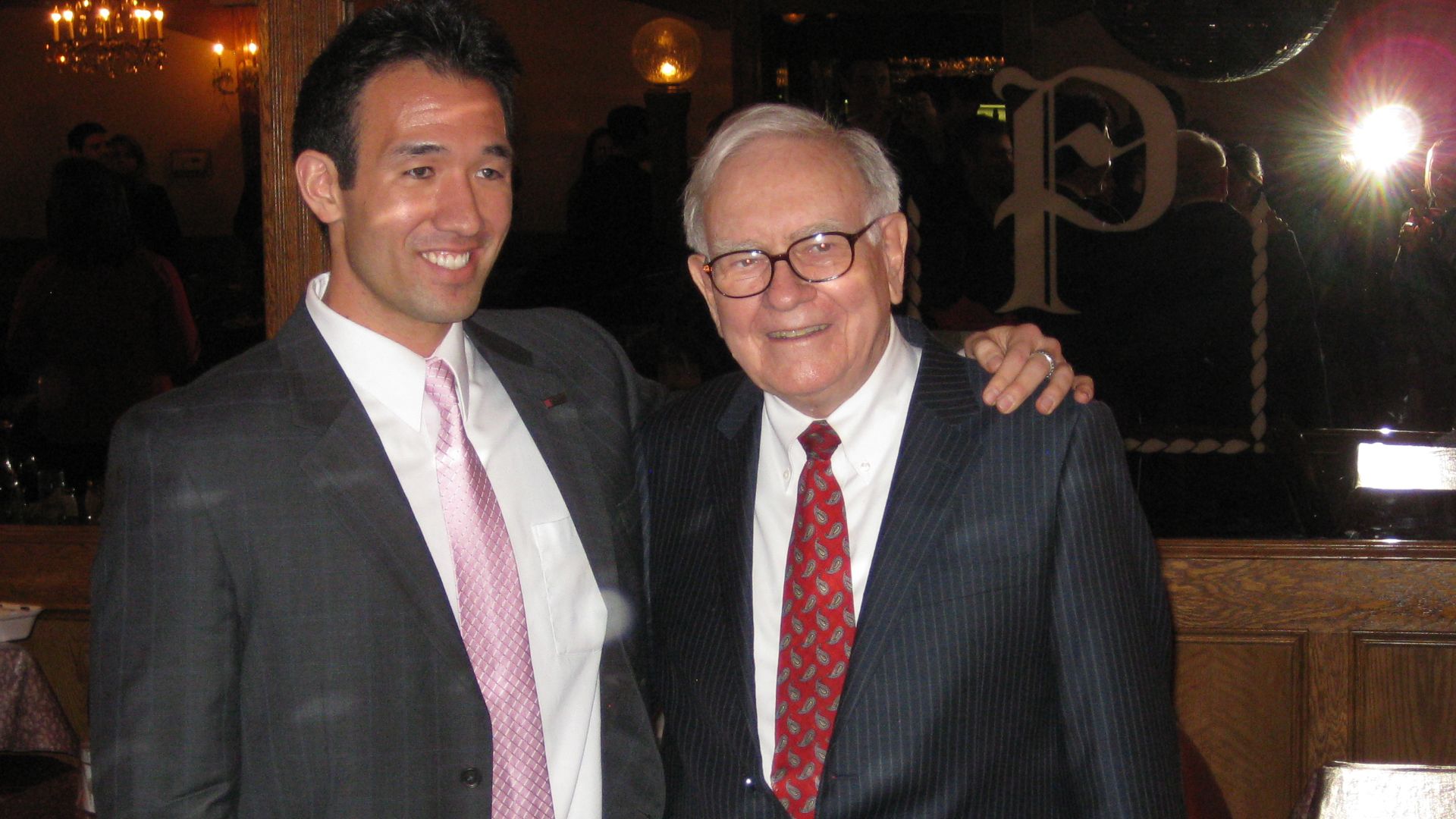 Aaron Friedman, Wikimedia Commons
Aaron Friedman, Wikimedia Commons
Philanthropic Efforts
In June 2025, he donated a record $6 billion worth of Berkshire Hathaway shares to five charities. This includes the Bill & Melinda Gates Foundation and four family-run foundations started by his children and late wife. His total lifetime charitable contributions have now crossed $60 billion.
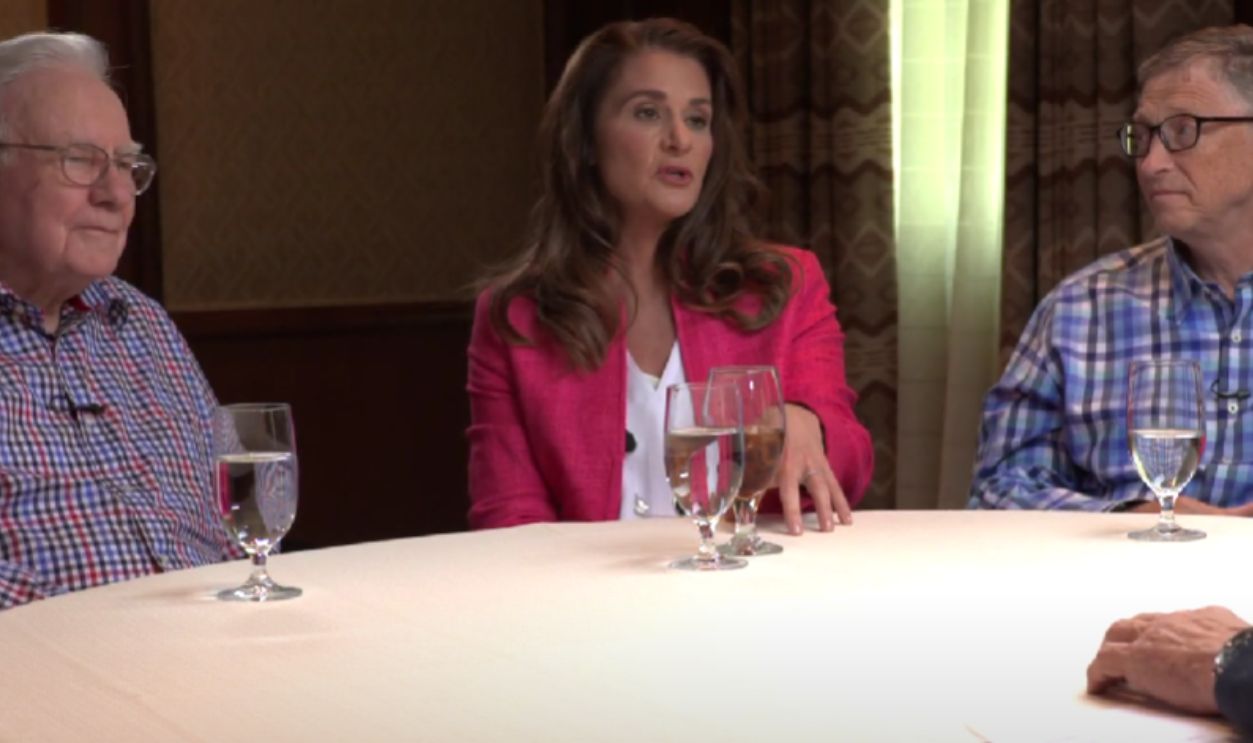 Warren Buffett, Bill & Melinda Gates on Innovation (Jul. 17, 2015) | Charlie Rose by Charlie Rose
Warren Buffett, Bill & Melinda Gates on Innovation (Jul. 17, 2015) | Charlie Rose by Charlie Rose

